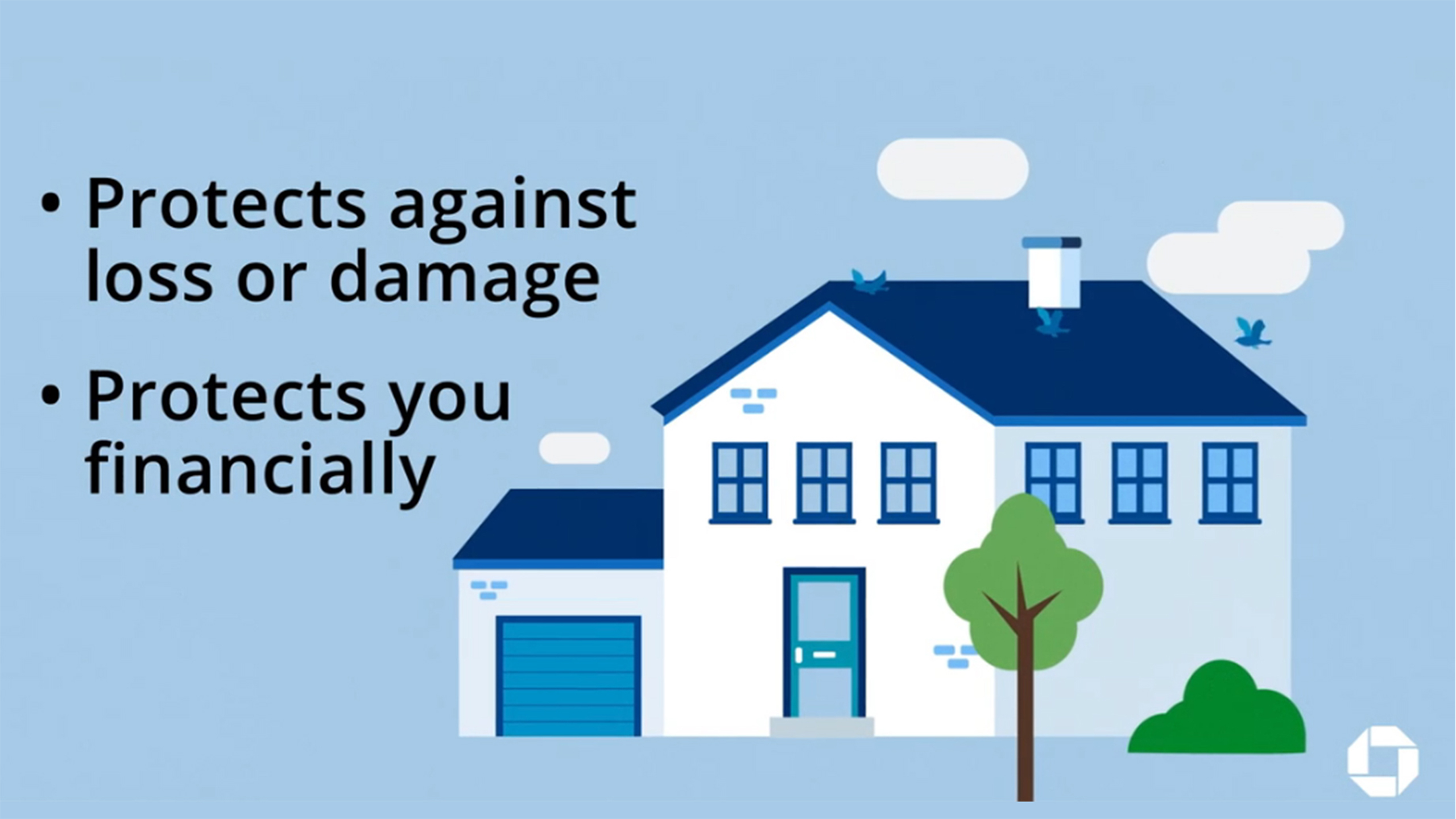Closing Costs & Homebuyer Grants: Get The Best Deals!
Are you ready to take the plunge into homeownership, but worried about the hidden costs that come with it? Closing costs, those often-overlooked fees, can significantly impact your budget, but understanding them and finding ways to mitigate them can make your dream a reality.
Closing costs represent the various expenses associated with finalizing a real estate transaction. These fees cover a wide range of services and are typically paid by both the buyer and the seller. Understanding what these costs entail, who is responsible for them, and how to potentially reduce them is crucial for any prospective homeowner.
In the dynamic world of real estate, particularly in cities like New York, navigating the complexities of closing costs can be daunting. However, various programs and initiatives are designed to help ease the financial burden, especially for first-time homebuyers, veterans, and those looking to build equity.
- Egyptians Beliefs Lifes Most Significant Pursuit Discover Now
- Alice Rosenblum Latest News Leaks Community Updates Explore Now
Let's delve deeper into the intricacies of closing costs, explore the resources available to potential buyers, and empower you with the knowledge to navigate the home-buying process with confidence.
Understanding Closing Costs
Closing costs are the fees and expenses incurred during the final stage of a real estate transaction, when ownership of a property is transferred from the seller to the buyer. These costs are separate from the down payment and the purchase price of the home. They cover a variety of services, including loan origination, appraisal, title insurance, and government recording fees. While some costs are standard, others can vary depending on the location, the type of loan, and the specific services required.
Who Pays?
Generally, closing costs are divided between the buyer and the seller, but the specific allocation can be negotiated. Common costs paid by the buyer include:
- Loan Origination Fees: These fees cover the lender's administrative costs, such as processing and underwriting the loan.
- Appraisal Fees: The lender requires an appraisal to determine the fair market value of the property.
- Title Insurance: This protects the buyer and lender against any claims on the property's title.
- Recording Fees: These fees are paid to the local government to record the transfer of ownership.
- Property Taxes and Insurance: These are often prepaid at closing.
- Home Inspection: While not always mandatory, a home inspection is highly recommended to identify potential issues.
- Other Fees: Other fees may include credit report fees, flood certification fees, and homeowner association (HOA) fees.
Common costs paid by the seller include:
- Real Estate Agent Commissions: The seller typically pays the commissions for both the listing agent and the buyer's agent.
- Transfer Taxes: These taxes are levied by the state or local government on the sale of the property.
- Title Insurance (Seller's Portion): The seller may pay a portion of the title insurance costs.
- Other Fees: Other fees may include any outstanding mortgage balance, and other agreed upon expenses.
Average Closing Costs
Closing costs typically range from 2% to 5% of the purchase price of the home. For example, on a $300,000 home, closing costs could range from $6,000 to $15,000. This is just an estimate, and the actual costs will vary depending on the factors mentioned above. Using a closing cost calculator can provide a more accurate estimate of your potential expenses.
Reducing Closing Costs
While closing costs are unavoidable, there are several ways to potentially reduce them:
- Shop Around: Compare loan offers from different lenders to find the best rates and terms.
- Negotiate Fees: Some fees, such as loan origination fees, are negotiable.
- Consider a "No-Closing-Cost" Mortgage: With this type of mortgage, the lender pays the closing costs, but you'll typically pay a higher interest rate.
- Explore Assistance Programs: Take advantage of down payment and closing cost assistance programs.
FHA Loans and Closing Costs
FHA (Federal Housing Administration) loans are popular with first-time homebuyers because they offer lower down payment requirements. However, FHA loans do include closing costs. While closing costs are generally the responsibility of the homebuyer, the programs can be used to reduce them.
VA Loans and Closing Costs
VA (Department of Veterans Affairs) loans are designed for veterans, servicemembers, and their families, offering significant advantages. One major benefit is the potential for no down payment. Furthermore, VA loans often come with lower closing costs than conventional loans. Chase Bank, for example, has announced a $2,000 VA purchase closing cost benefit. These programs help to reduce the expenses.
Homebuyer Assistance Programs
Numerous homebuyer programs are available to assist with down payments and closing costs, making homeownership more accessible. These programs vary by state, city, and lender. They often target first-time homebuyers, low-to-moderate-income individuals, and specific communities. For example, Fannie Mae provides various down payment and closing cost assistance programs.
Chase Homebuyer Grant and Other Initiatives
Chase Home Lending is a prominent player in the home financing market, and they are actively involved in initiatives designed to support homebuyers. Chase offers its homebuyer grant as part of its $30 billion commitment to advancing racial equity. This financial assistance is a significant step towards supporting homeownership. The closing cost benefit is also stackable with other offers from chase home lending, including chases homebuyer grants. Chase has increased its homebuyer grant from $5,000 to $7,500 in 15 markets across the U.S., meaning customers can use grant funds to lower their interest rate and/or reduce closing costs and down payment. This limited time offer is available for qualifying customers purchasing a home with a chase mortgage until July 27, 2024.
In New York, Chase Home Lending announced a $2,000 VA purchase closing cost benefit to support homeownership for veterans, servicemembers and their families. The benefit is available to servicemembers and veterans purchasing a primary residence with a VA mortgage loan. The Chase homebuyer grant can help you save money at closing by getting $2,500 or $5,000 toward your new home in select areas across the country. The benefits of these programs are stackable with other Chase offers, including the homebuyer grant and the closing guarantee.
Key features of Chase's Homebuyer Assistance Programs:
- Homebuyer Grants: Providing up to $7,500 in assistance to buyers applying for an FHA loan, VA loan, or the banks DreamMaker mortgage.
- VA Loan Benefits: Offering a $2,000 VA purchase closing cost benefit for veterans and service members.
- Stackable Offers: The benefits can be combined with other Chase programs, such as the Homebuyer Grant and Closing Guarantee.
Employees who buy a home using the VA loan program at Chase are eligible for a credit to use toward closing costs. Chase offers a variety of lending options, including down payments as low as 3% and jumbo loans up to $9.5 million.
How to Determine Your Eligibility and Apply
The first step in taking advantage of these programs is to assess your eligibility. Requirements vary by program but typically include:
- Credit Score: Most programs have a minimum credit score requirement. For example, a buyers credit score must be over 640 to qualify for any program.
- Income Limits: Many programs have income limitations based on the area median income (AMI).
- Property Location: Some programs are specific to certain geographic areas.
- First-Time Homebuyer Status: Some programs are designed for first-time homebuyers.
Once you've determined your eligibility, the application process typically involves:
- Pre-Approval: Get pre-approved for a mortgage to determine how much you can borrow. Start online.
- Research: Research available programs in your state and local area.
- Application: Complete the application process, which may involve providing documentation such as income verification and credit history.
- Closing: Once approved, you will proceed to closing, where the closing costs are paid.
You can also combine a Chase DreamMaker mortgage with a gift, company program, down payment assistance program, closing cost grant, or qualified subordinated second mortgage to pay for a down payment, closing costs, or property renovations, allowing you to buy a home with no personal financial contribution.
The closing cost assistance helps you pay for the initial expenses.
Finding Information and Getting Started
If you're buying a new home or an investment property, numerous resources are available to guide you through the process. Some programs require repayment with interest, and borrowers should become fully informed prior to closing. Down payment and closing cost assistance programs work in conjunction with mortgage programs.
Here's how to get started:
- Contact a Lender: Reach out to a mortgage lender, such as Chase, to learn about available programs and determine your eligibility.
- Research Programs: Explore state and local government websites for homebuyer assistance programs.
- Seek Guidance: Work with a real estate agent who is familiar with these programs.
- Get Preapproved: Start the pre-approval process to understand your budget and what you can afford.
For those looking to buy a home, numerous homebuyer programs offer down payment and closing cost assistance. Learn more about them as you take your first steps in the exciting journey to homeownership.
By understanding closing costs and taking advantage of available assistance programs, you can make the dream of homeownership more accessible. Remember to shop around, compare loan options, and explore all the resources available to you. With careful planning and the right support, you can navigate the home-buying process with confidence and secure your future.



Detail Author:
- Name : Sincere Mann
- Username : oconner.chaya
- Email : schroeder.jasper@rath.com
- Birthdate : 1986-11-25
- Address : 7488 Jaylin Valley Apt. 439 Windlerhaven, MS 15081
- Phone : +13528056476
- Company : Howell-Oberbrunner
- Job : Poet OR Lyricist
- Bio : Impedit molestiae aut saepe hic. Natus inventore aut quia dolore cumque qui dicta molestias.
Socials
twitter:
- url : https://twitter.com/filiberto.maggio
- username : filiberto.maggio
- bio : Placeat doloremque ad quasi et quia. Sed fugit quae maxime dolor. Maxime et soluta omnis modi tempore error aut nobis. Earum natus facere et non quas.
- followers : 5476
- following : 1106
linkedin:
- url : https://linkedin.com/in/maggio1978
- username : maggio1978
- bio : Et illum ipsum in laudantium esse eius aut.
- followers : 3394
- following : 999
tiktok:
- url : https://tiktok.com/@filiberto1096
- username : filiberto1096
- bio : Fugit ducimus autem recusandae aut et aperiam dolores.
- followers : 3745
- following : 235
instagram:
- url : https://instagram.com/filiberto_xx
- username : filiberto_xx
- bio : Vitae ut sit quae ut eaque. Doloremque tempora eligendi voluptates non eos.
- followers : 4464
- following : 2832